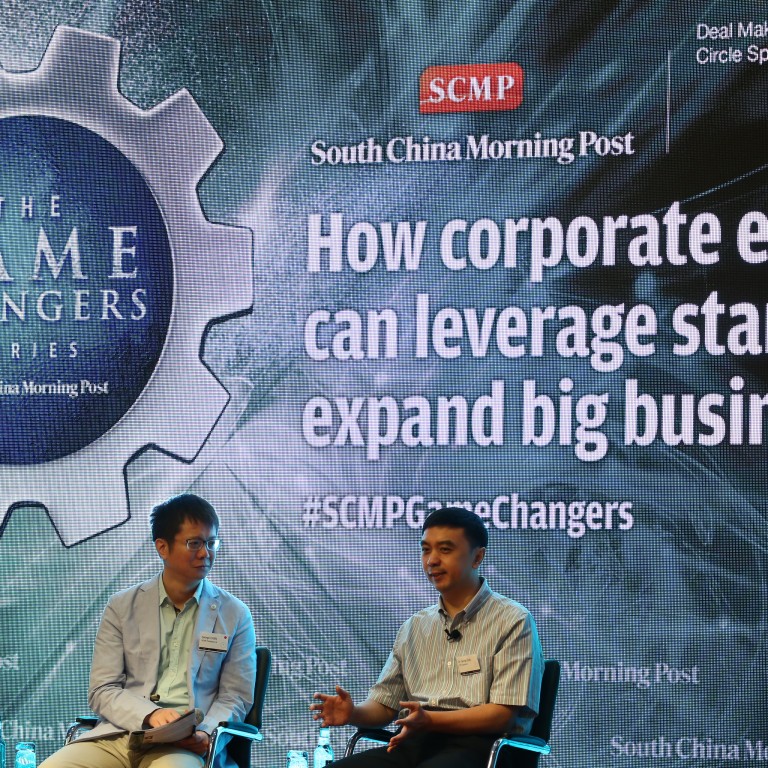
China's ZTE pushing ahead with wireless charging tech as EV market takes shape
Huge infrastructure gaps remain the top hurdle for getting electric vehicles into the mainstream in China, according to Chinese telecom giant ZTE, which is moving to produce wireless charging facilities for electric buses in the country.
The company, which is based in Shenzhen in southern Guangdong province, began experimenting with wireless charging for mobile phones back in 2010, but ultimately gave up due to a lack of demand.
Wireless charging for smartphones and other gadgets “looked cool” and is a desirable “fantasy” for many consumers, but ZTE couldn't "find business opportunities for it" at the time, said Dr George Sun, the company's vice president.
It revisited the project in 2012, when it spotted an opportunity in China's EV market.
"[ZTE] always tries to fulfil the requirements of the market,” he said, adding that its penetration of the burgeoning EV market is gaining traction and meeting with success.
"Right now, we are able to provide up to 98 per cent efficiency [on our wireless charging facilities]."
Sun was speaking during the South China Morning Post Game Changers forum on Thursday,
In April, ZTE said its technology would be available from this month on 10 bus routes in China. It also announced plans to invest 3.5 billion yuan (US$563.8 million) in wireless charging technology within two years.
Sun said smartphones are still very much a part of ZTE's core business, and that it is now focusing on how to make them more useful for businesses.
"[ZTE] wants to embed more functions into cell phones to make it convenient for end-users to use, no matter for daily life or business support," he said.
"We believe that should be the direction for the whole information industry."

